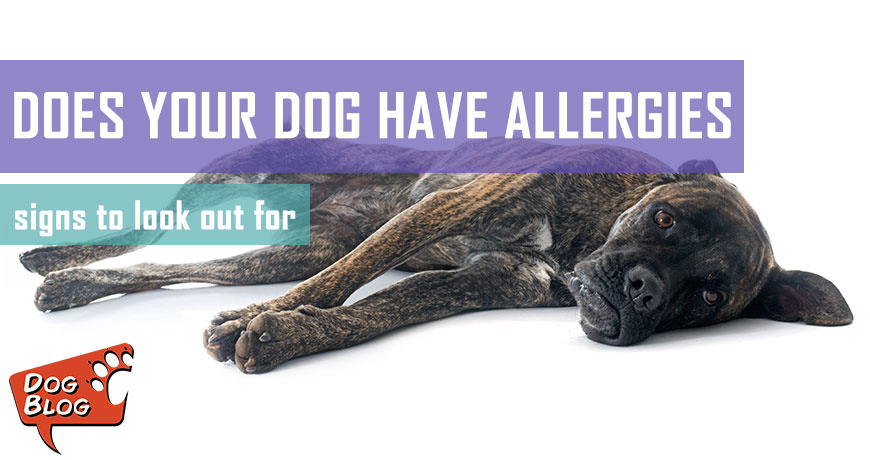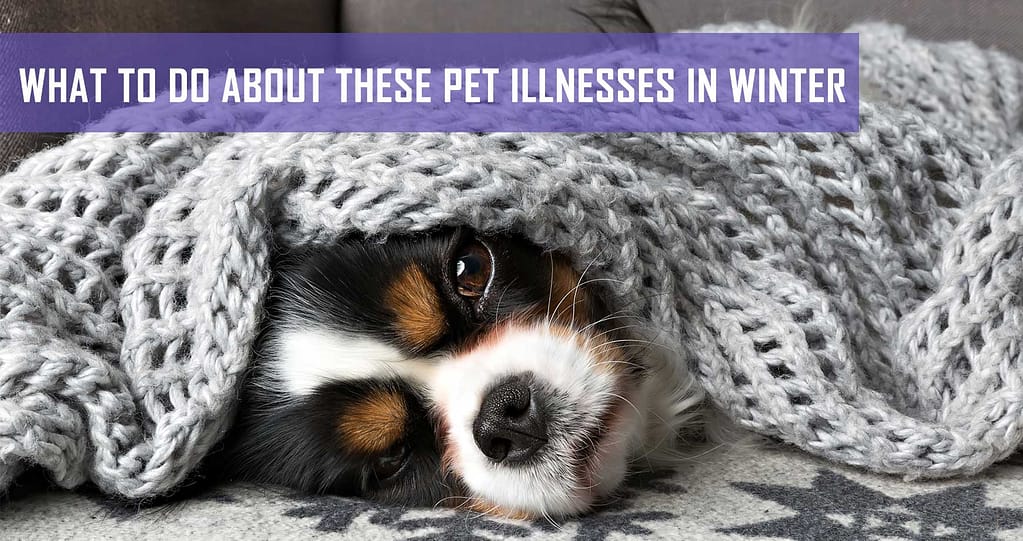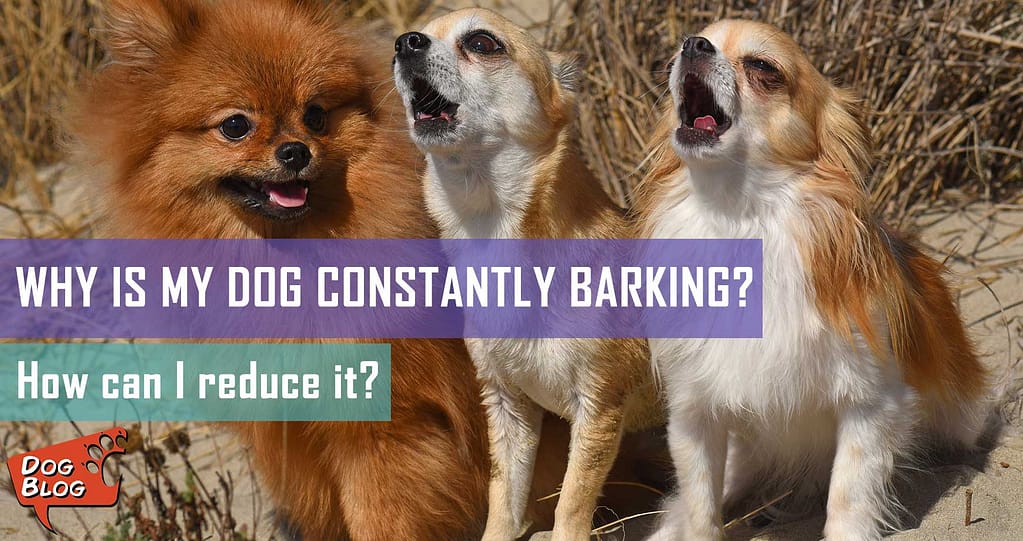What are allergies?
Allergies are familiar to most of us. They occur when the immune responses to substances like pollen, dust, food or fur that can cause discomfort and illness. Over time, exposure to those substances, called allergens, can sensitize the immune system and create an adverse reaction.
Most people are not aware that their pets can suffer from allergies, just like us. It is very common for dogs to suffer from food allergies, environmental allergies, and even seasonal allergies.
Try and pinpoint what it is that your pet could be allergic to. Your local vet should help you with this process. There are many different things your pet could be suffering from.
Some of the most common dog allergens include:
-
Trees, grass and weed pollen
-
Dust and house dust mites
-
Dandruff (yep, your dog can be allergic to dead skin)
-
Food ingredients (corn, wheat, soy or specific animal proteins)
-
Flea saliva (flea allergy dermatitis is very common)
-
Perfumes, cleaning products, shampoo and certain fabrics and plastic
Your dog can’t come and tell you that the new food or plant you bought is making him ill, but his behaviour will clue you in. Common signs of a mild to moderate allergic reaction in dogs include:
-
Excessive paw-licking
-
Scratching and butt-scooting
-
Hair loss – either an all-over thinning or bald spots
-
Coughing, sneezing or asthma
-
Tummy trouble like vomiting and diarrhea (food allergies)
-
Swelling of the feet, face or joints
Itchiness is by far the most common way allergies show themselves in your dog. Left unchecked, it can lead to scabbing, hot spots, recurring skin infections, and more.
If you find yourself wondering, “is my dog having an allergic reaction?”, Consider how long and how severe her symptoms have been. If you notice any of the above reactions, and they don’t clear up within a week or two, it’s time to take your pet to the vet.
How to Treat Dog Allergies
The first and most basic form of allergy treatment is prevention. You want to remove the allergens from the environment as much as possible.
1. Wipe off your dog’s paws after walks with Regal Allergy Relief Wipes
2. Use a hypo-allergenic shampoo. You can buy this and any related anti-itch shampoo from our online pet store. Look for soothing ingredients like aloe.
3. Try supplements such as biotin or omega 3’s. These supplements help suppress itching and improve coat health.
4. Switch to a limited-ingredient diet. Address food allergies by adjusting your pet’s diet in consultation with your vet.
5. Make sure your pet’s tick and flea courses are up to date.







